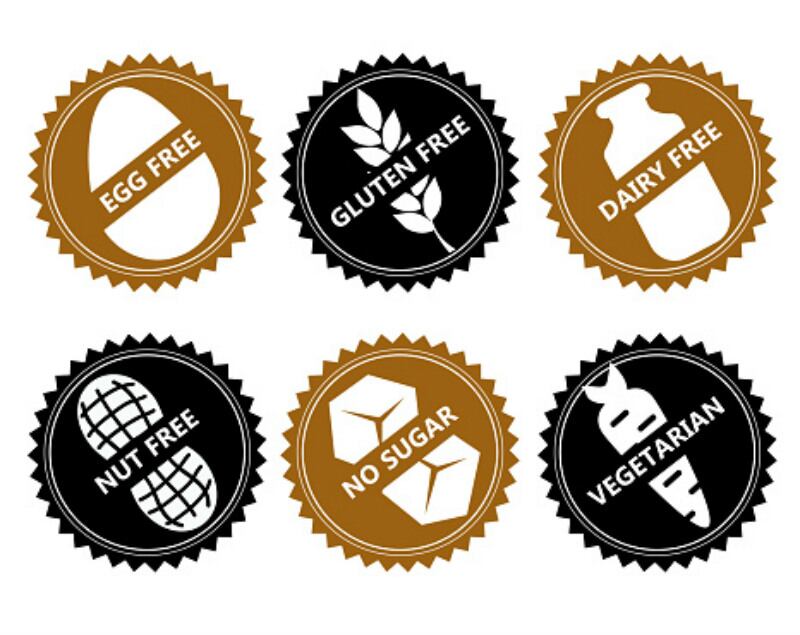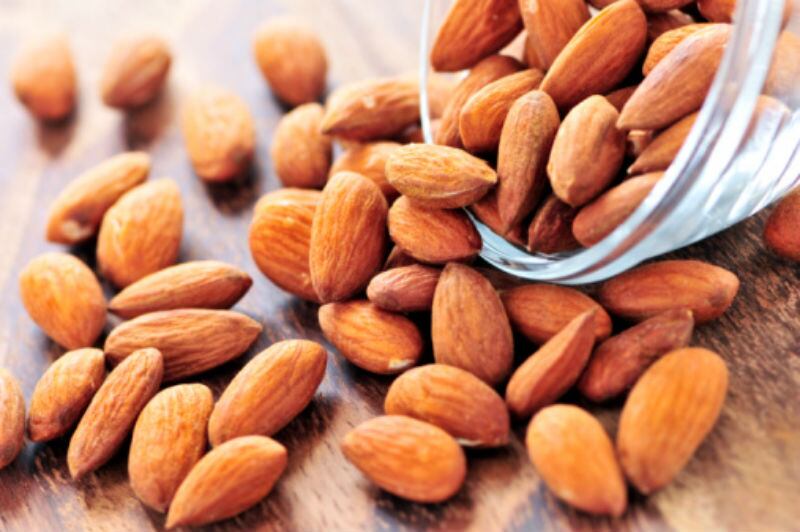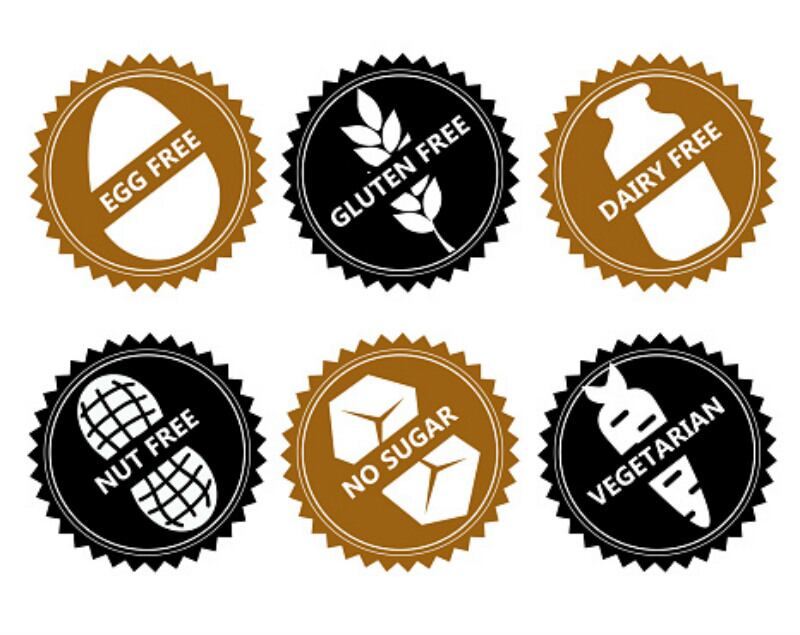The study was conducted using packaged food samples collected from Asian retail grocery stores across Melbourne, Australia. Based on the Food Standards Australia New Zealand (FSANZ) food recall guidance list, these were categorised into ‘Mixed and/or Processed Foods’, ‘Bread and Bakery’, ‘Confectionery’ and ‘Non-Alcoholic Beverages.
The researchers performed analysis to detect the presence of the undeclared gluten, milk, peanut and egg allergens, and found that 46% (23/50) of the analysed food products contained undeclared allergens, with 18% containing multiple types of allergens in them.
“The highest number of allergens was detected in the ‘Bread and Bakery’ category with 26 allergens across 14 products,” study lead author Professor Andreas Lopata, head of the James Cook University Molecular Allergy Research Laboratory, told FoodNavigator-Asia.
“This was followed by ‘Confectionery’ (8 in 13) and ‘Mixed and/or Processed Foods’ (3 in 17). No undeclared allergen was detected in six coconut drinks (‘Non-alcoholic Beverages’) analysed, which may reflect increased regulatory scrutiny due to a large number of recent food recalls from this category by FSANZ.”
The study also revealed that the products with the highest number of detectable undeclared allergens were imported from China (50%), followed by Thailand (39%), but Professor Lopata emphasised that there was ‘was no statistically significant association between country of origin and number of undeclared allergens in imported products’.
He added that the risks for gluten appearing in foods from Asia was especially high based on a calculated risk ratio – representing increased levels of danger for consumers with a gluten allergy.
“The overall risk of detecting undeclared allergens [was highest for] gluten, with [a score of] 2.19, followed by milk (1.95), peanut (1.35) and egg (1.22),” he said.
“The concentration of some allergens, in particular milk, peanut and gluten was over 8,000 mg/kg.”
The presence of Precautionary Allergen Labelling (PAL) on the imported foods was also studied, and it was found that very few, if any, such statements were found on most analysed products.
“PAL in the original language was not displayed on any product label in English and therefore, none of the 50 products sampled possessed a PAL statement in English,” said the authors.
“However, 22% possessed a PAL statement in a language other than English, indicating a very low level of PAL for packaged Asian food products.
“Low level PAL of Asian products suggests that food purchases from these stores pose a higher risk to allergic consumers than packaged foods purchased from major Australian supermarket chains.”
The dangers
There is no known cure for food allergies, so the management of this condition is dependent on avoidance of the allergens, which makes the presence of these undeclared allergens in packaged food a serious health risk for vulnerable consumers.
“[Previous studies have revealed] a 10% per year increase in food anaphylaxis admissions in Australia from 1997 to 2013, [and] hospital fatal food anaphylaxis rates increasing by 9.7% per year over the same period,” said Professor Lopata.
“[In children], the HealthNuts study confirmed [food] allergy reactions to egg, peanut, sesame, shellfish, and cow’s milk in 10% of children, [which also] constitutes the majority of undeclared food allergens in processed food products.”
It was also noted in the study that in Australia the most frequent cause for recalls is due to undeclared allergens.
Recommendations
The study highlighted that there are currently limited studies investigating high-risk food categories for mandatory undeclared allergens, and Professor Lopata emphasised the importance of further studies to validate these findings in developing protective strategies.
“[This is important to provide] important information for regulatory compliance agencies to protect allergic consumers,” he said.
With Australia increasingly importing more food products from Asia, the authors further emphasised the need for this in view of the authorities’ ‘‘lightly regulated rather than strictly regulated approach’ as a balance between the costs of regulatory burden and system efficiency’.
“While food labelling appears well regulated in Australia and largely adopted by industry, this is less common in some Asian countries,” they said.
“Australian food imports continually increase, with the total share from the Association of Southeast Asian Nations (ASEAN) increasing from 18 to 23% from 2002 to 2012.”





